
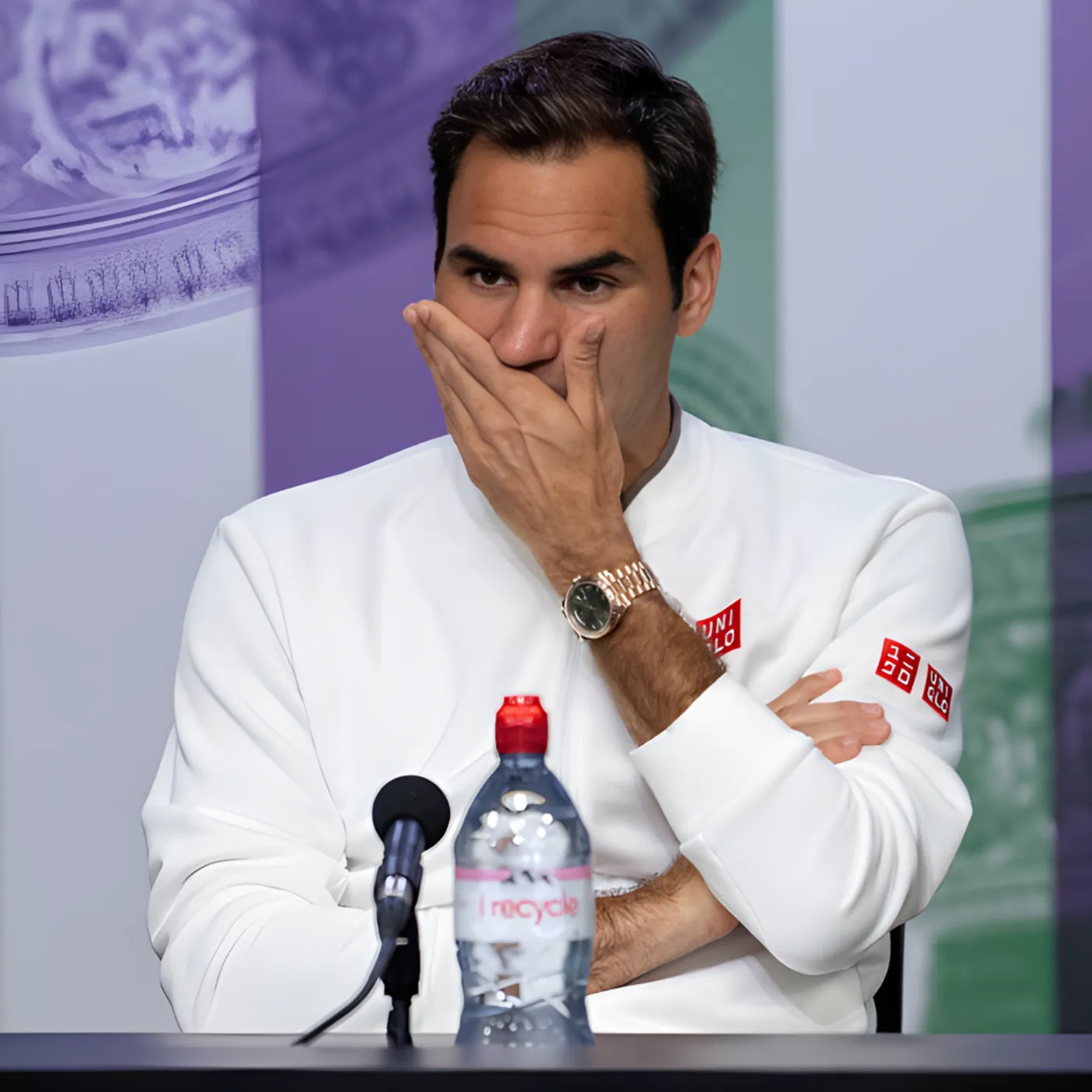
Roger Federer Wins His Sixth Australian Open Title – Seeming Glory Hides an Omen of Decline
A Historic Victory with Mixed Emotions
In 2018, Roger Federer captured his sixth Australian Open title, marking a milestone in a career already defined by extraordinary achievements. By defeating Marin Cilic in a thrilling five-set final, Federer not only claimed the championship but also secured his 20th Grand Slam singles title, solidifying his place among the greatest tennis players of all time.
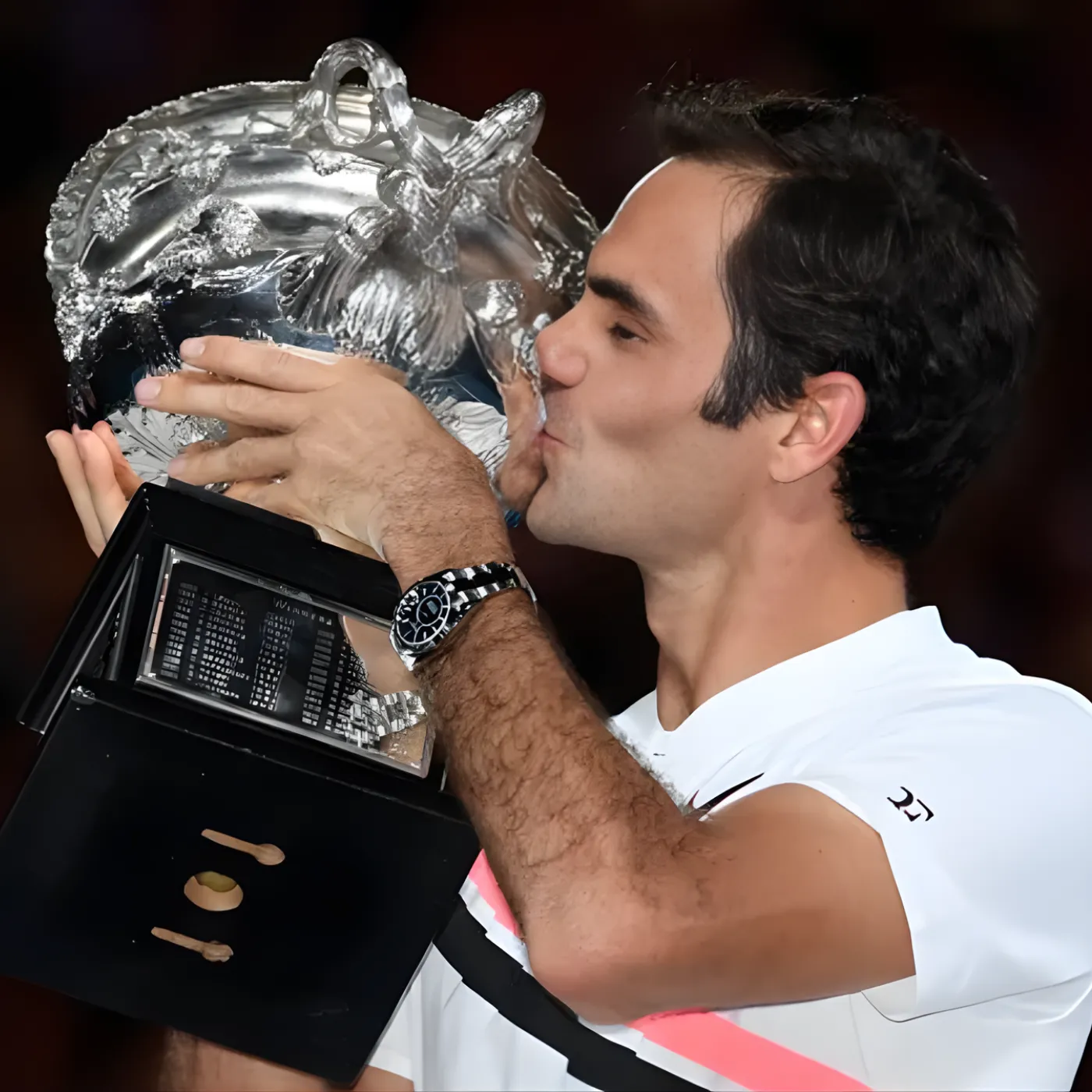
The final was one of the most tense matches of Federer’s career. The scoreline of 6-2, 6-7(5), 6-3, 3-6, 6-1 reflected the seesaw battle that kept fans on the edge of their seats. While the victory was celebrated worldwide, some observers have noted that beneath the surface of triumph lay subtle signs that the Swiss maestro’s physical peak might be starting to wane.
This article explores the significance of Federer’s sixth Australian Open win, the remarkable moments that defined the match, and the potential implications for the later stages of his legendary career.
Federer’s Road to the Final: Mastery Meets Experience
Roger Federer entered the 2018 Australian Open with a combination of skill, determination, and strategic intelligence that has defined his career. Unlike younger competitors who rely heavily on raw power and stamina, Federer has consistently relied on precision, timing, and mental fortitude to dominate his opponents.
Throughout the tournament, Federer displayed a level of control and composure that only comes with experience. Each round demonstrated his ability to adapt to different playing styles, using his trademark forehand and deft slice backhand to dictate rallies. His movement on court, though slightly slower than in his early years, remained exceptionally efficient, allowing him to conserve energy for longer matches—a key factor in navigating the grueling Grand Slam format.
Federer’s tactical awareness and match intelligence proved decisive in matches against formidable opponents, setting the stage for one of the most dramatic finals of his career against Marin Cilic.
The Final Showdown: Federer vs Marin Cilic
The 2018 Australian Open final pitted Federer against Croatian star Marin Cilic, a player known for his powerful serve and aggressive baseline game. From the first set, it was clear that both competitors were determined to impose their styles on the match.
Federer claimed the first set 6-2, showcasing his signature blend of precision serving, volleying, and fluid movement. Cilic, however, refused to yield and fought back in the second set, pushing Federer to a tiebreak. The Swiss maestro narrowly lost the tiebreak 7-5, demonstrating that even at the height of his career, he could still be tested by younger, dynamic opponents.
The third and fourth sets highlighted the endurance and mental resilience required to compete at this level. Federer regained control in the third set with crisp shot-making and strategic positioning, while Cilic responded in the fourth set, capitalizing on moments of inconsistency to level the match.
The final set, however, belonged entirely to Federer. With unmatched precision and strategic brilliance, he dominated 6-1, leaving fans and critics alike in awe of his ability to perform under pressure. The five-set battle not only tested the physical limits of both athletes but also underscored Federer’s capacity to leverage experience against raw power.
Tactical Brilliance and Court Intelligence
Federer’s victory in the 2018 final was not solely a result of physical skill but also his unparalleled tactical intelligence. Throughout the match, he exhibited an acute awareness of Cilic’s strengths and weaknesses, exploiting angles, varying shot pace, and using his serve to maintain control.
One notable aspect of Federer’s play was his use of the slice backhand and deft net approaches. By mixing spins and positioning, he disrupted Cilic’s rhythm and forced errors at critical moments. Federer’s serve placement and variation, particularly on key points, demonstrated an understanding of match psychology that has long distinguished him from other competitors.
Even as he approached his late thirties, Federer’s ability to read the game and anticipate opponent moves remained extraordinary. This cerebral approach to tennis allowed him to offset any physical limitations and maintain dominance in crucial stages of the match.
Physical Challenges and Subtle Signs of Decline
While the 2018 Australian Open final was a triumph, it also revealed subtle signs of the natural decline that comes with age. Federer’s footwork, though still efficient, showed slightly less explosiveness compared to his peak years. His recovery between points required careful pacing, and long rallies sometimes exposed slight delays in response times.
Experts and analysts observed that Federer increasingly relied on experience and anticipation rather than raw speed to win points. This shift is natural for athletes in their mid-to-late thirties but marks the beginning of a transition from physical dominance to strategic mastery.
In hindsight, some view this match as a milestone where Federer balanced the peak of his technical brilliance with the early signs of physical limitations—a poignant reminder that even legends are subject to time.
Milestones and Historical Significance
Winning his sixth Australian Open not only added to Federer’s impressive Grand Slam tally but also reinforced his status as one of the most decorated athletes in tennis history. Achieving a 20th Grand Slam singles title placed him alongside other tennis icons, creating a benchmark for future generations.
This victory also symbolized Federer’s longevity and adaptability. Few players have sustained such high levels of performance over two decades, and his ability to continue winning against younger, powerful opponents speaks volumes about his preparation, focus, and resilience.
Federer’s sixth Australian Open title stands as a testament to the combination of talent, discipline, and intelligence required to maintain elite performance over many years, even as physical prowess gradually declines.
The Psychological Edge: Experience vs. Youth
A critical factor in Federer’s victory was his psychological strength. While Cilic possessed youth and physical power, Federer leveraged decades of competitive experience to remain calm under pressure. His mental resilience allowed him to navigate tense moments, particularly in the tiebreak of the second set and decisive points in the fifth set.
Federer’s ability to maintain composure and focus in high-pressure situations highlights a key element of his career: the interplay between mental fortitude and physical skill. As athletes age, experience often compensates for declining physical speed, and Federer’s 2018 performance exemplified this dynamic.
Implications for Future Seasons
Despite the glory of the 2018 Australian Open victory, some analysts viewed the match as foreshadowing the challenges that lay ahead for Federer. Maintaining peak performance becomes increasingly difficult with age, particularly in a sport as physically demanding as tennis. Long matches, rapid court movements, and intense competition against emerging stars all pose significant challenges.
The subtle signs of decline seen during this final hinted at the strategic adjustments Federer would need to make in subsequent seasons. While his technical skill and mental approach could offset some physical limitations, the demands of Grand Slam competition remained relentless.
Legacy and Fan Perspective
Federer’s sixth Australian Open title reinforced his status as a global tennis icon. Fans celebrated not only the win but also the artistry, elegance, and strategic genius displayed throughout the match. His career has always blended athletic achievement with aesthetic mastery, making him one of the most admired figures in sport.
However, for dedicated followers, the 2018 final also marked a moment of reflection: even as Federer reached new milestones, the natural effects of aging were beginning to influence his game. This duality—the triumph intertwined with the subtle signs of decline—adds complexity to his legacy, making it even richer and more compelling.
Triumph and Transition
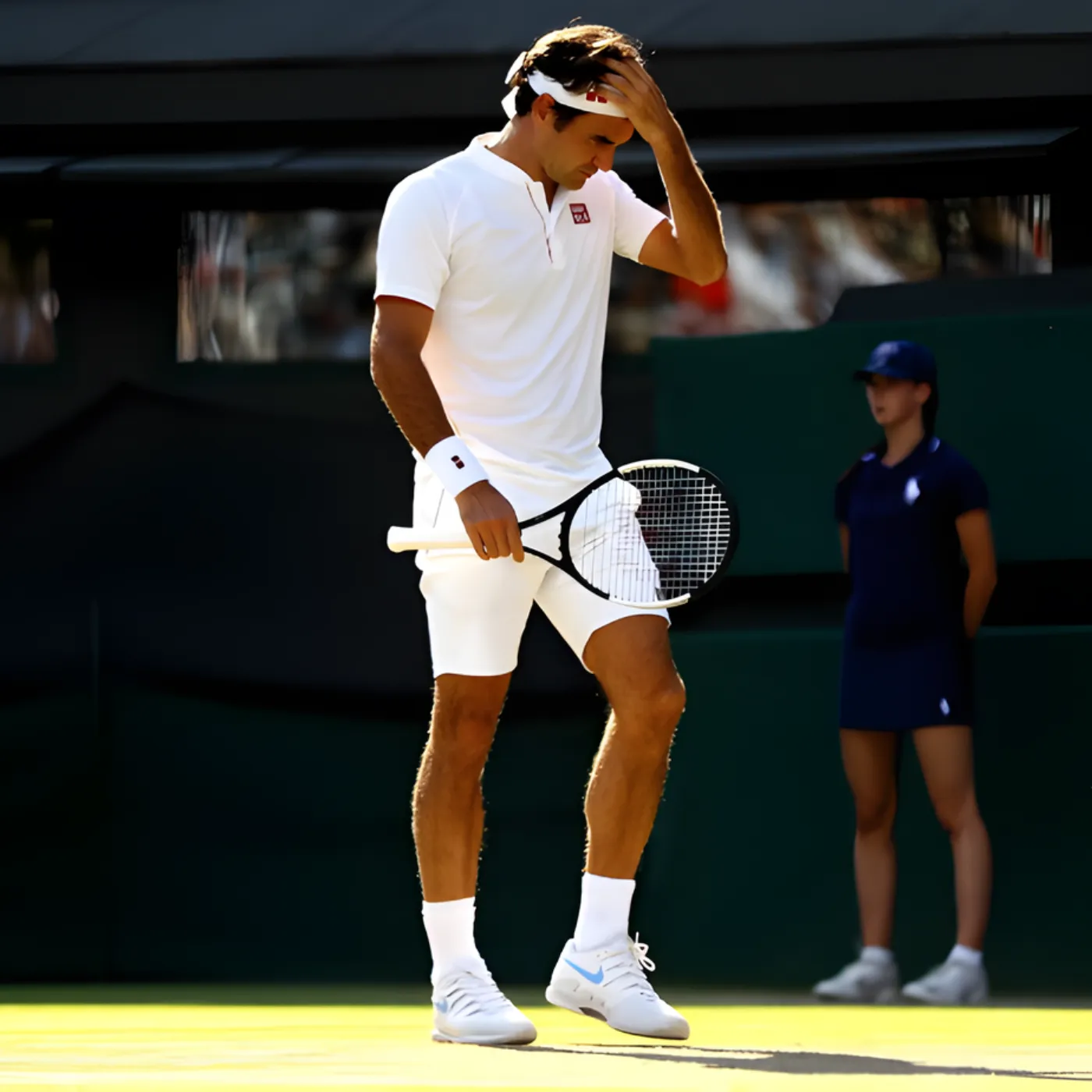
Roger Federer’s victory at the 2018 Australian Open was a defining moment in a career filled with accomplishments. Winning his sixth title in Melbourne and achieving a 20th Grand Slam singles title underscored his status as one of tennis history’s greatest competitors.
Yet beneath the surface of triumph lay the first hints of the challenges that come with time. Federer’s reliance on experience and strategy over sheer athleticism hinted at the careful balancing act required to continue competing at the highest level.
The 2018 final stands as both a celebration of Federer’s mastery and a subtle reminder of the inevitable transition that even legends must face. For fans, it remains a match that captures the beauty, drama, and complexity of one of sport’s most extraordinary careers.








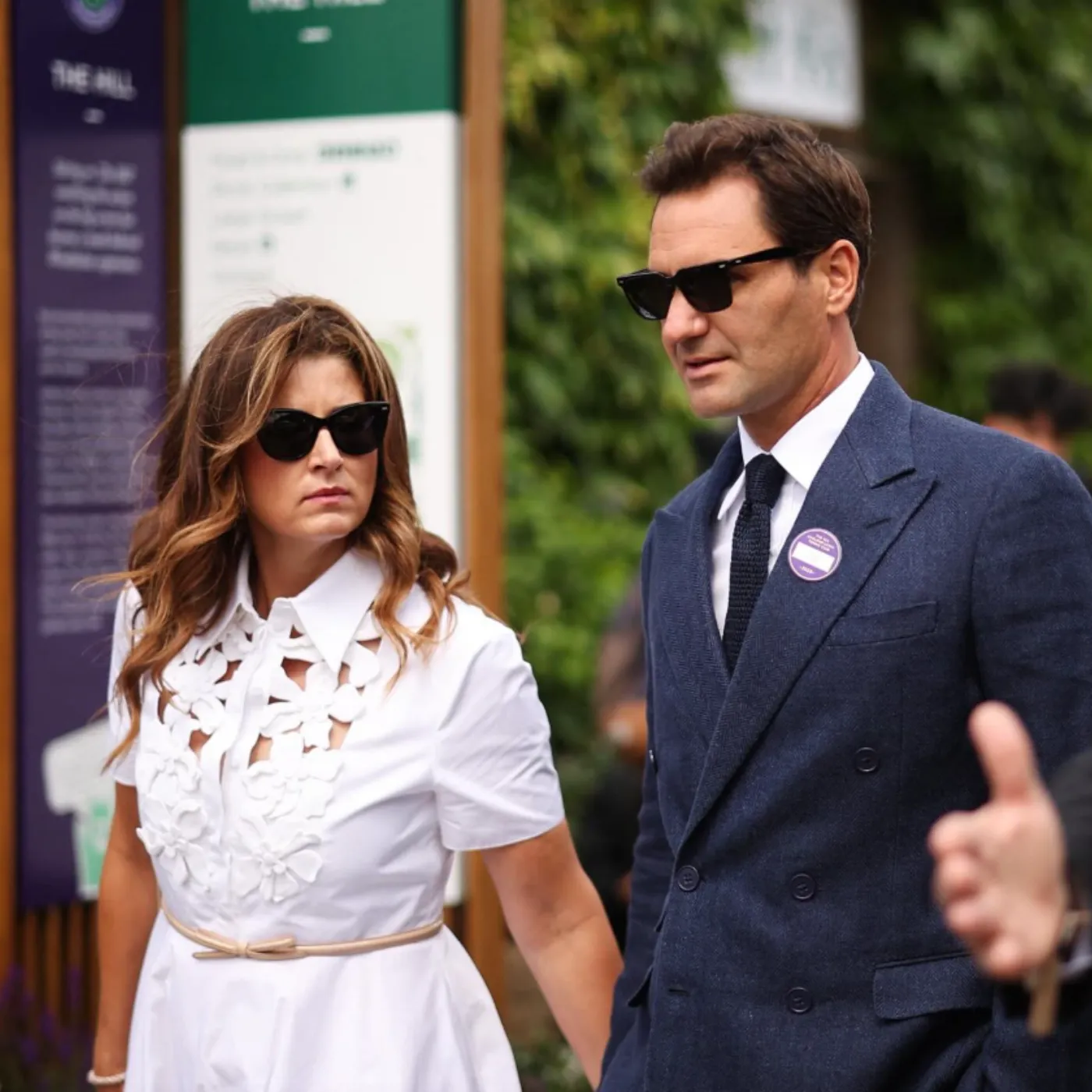
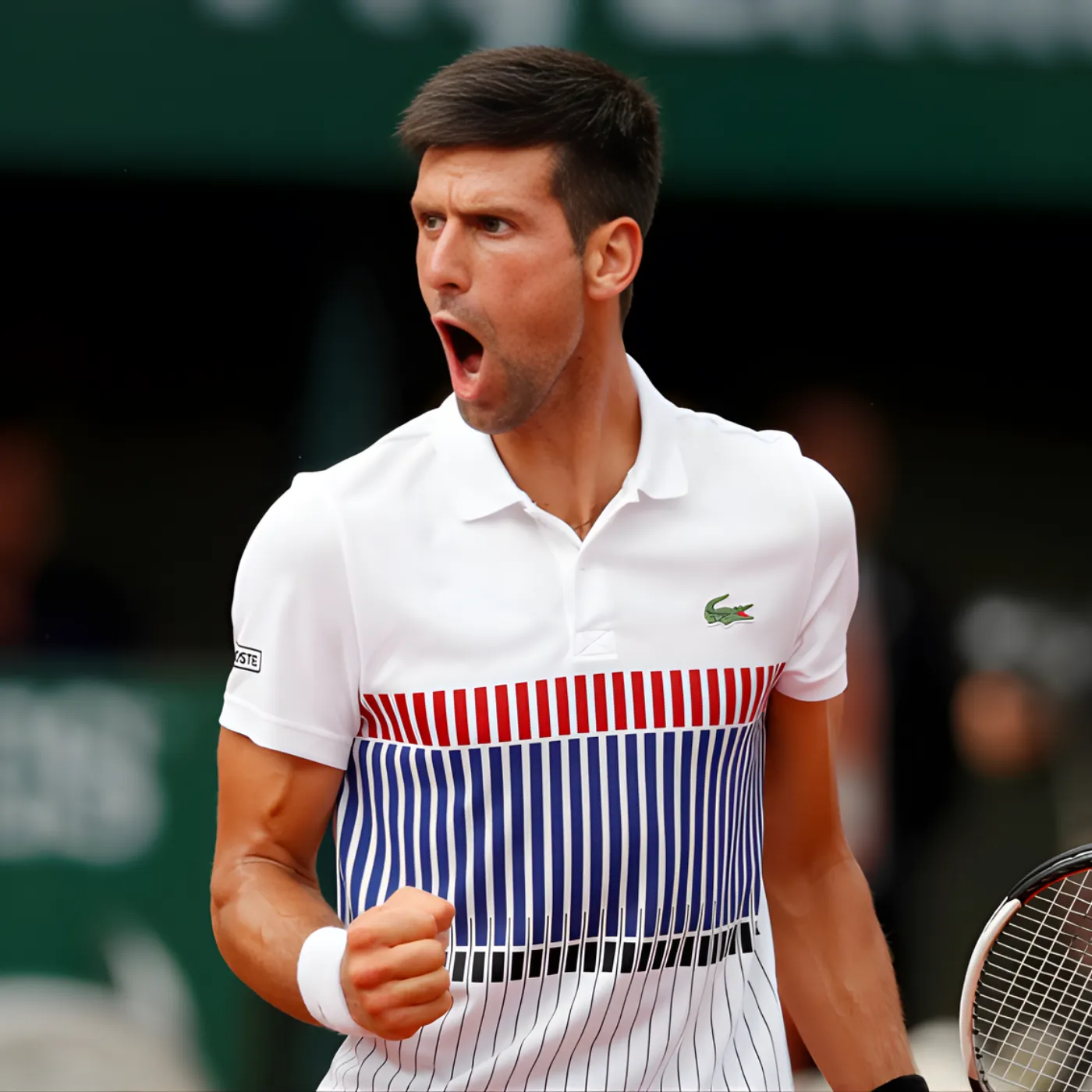
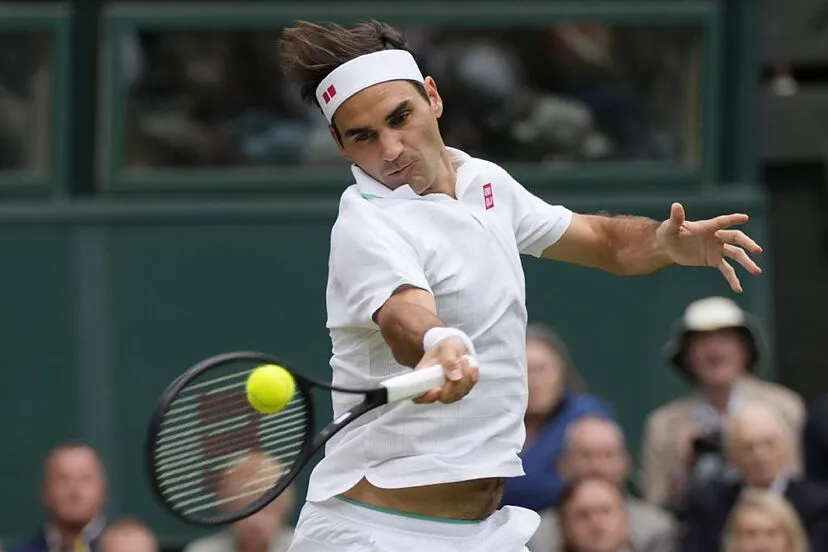








Post Comment